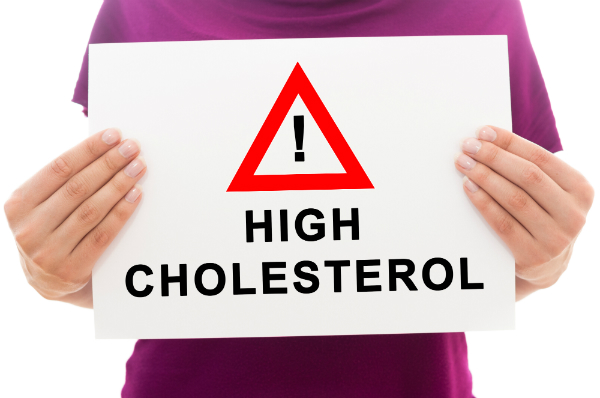Having high cholesterol can put you at risk of developing heart problems and other serious health issues. Find out more about this condition and how you can maintain healthy cholesterol levels.
Cholesterol is a substance that your body needs in healthy amounts to function. Your body produces cholesterol naturally, but you also get more from your diet. If your cholesterol levels get too high, you face a higher risk of having a heart attack, stroke or other potentially life-threatening complications. How do you know if you have high cholesterol? Having tests done at our federally qualified health center in Arkansas and knowing certain risk factors can help you find out.
Signs of high cholesterol
Since high cholesterol levels usually do not cause symptoms, it is important to have them checked regularly. The following list describes some signs to watch for that could indicate an increased risk of high cholesterol.
- LDL lipid panel results: This blood test is designed to check your “bad” cholesterol levels. If you have test results that show LDL, or low-density lipoprotein, levels at 160 mg/dL or higher, your cholesterol is considered high. LDL cholesterol is considered bad cholesterol that raises your risk of complications.
- Total lipid panel results: Your total lipid panel results should ideally be below 200 mg/dL. Having results that are between 200 and 239 mg/dL indicates that you have borderline high cholesterol, while results of 240 mg/dL or higher indicate high cholesterol.
- Obesity and larger waist circumference: If you have a body mass index of 30 or higher, you have an increased chance of having high cholesterol. If your waist circumference is 40 inches or more if you are male or 35 inches or more if you are female, you also have a higher risk of having high cholesterol.
- Diet high in unhealthy fats: Eating a lot of foods that contain trans fats or saturated fats, such as processed foods and animal products, can raise your cholesterol to unhealthy levels.
- Sedentary lifestyle: Working out regularly helps increase the amount of good or high-density lipoprotein cholesterol in your blood, while also making LDL cholesterol less dangerous.
Maintaining healthy cholesterol
You can lower your cholesterol levels or maintain healthy levels and prevent high cholesterol by making changes to the way you live. These changes include the following:
- Eat foods with unsaturated fats, such as walnuts and olive oil, rather than foods with saturated or trans fats.
- Eat whole grains, fruits and vegetables, which help keep your heart healthy and lower cholesterol
- Lose excess weight and get regular physical activity
- Schedule checkups: Look for a family practitioner near me in Arkansas to have your cholesterol levels checked regularly, especially if you have risk factors.
If you are looking for a primary care doctor near me in Arkansas, please contact ARcare at (866)-550-4719. We can help you maintain healthy cholesterol levels if you struggle with high cholesterol.
